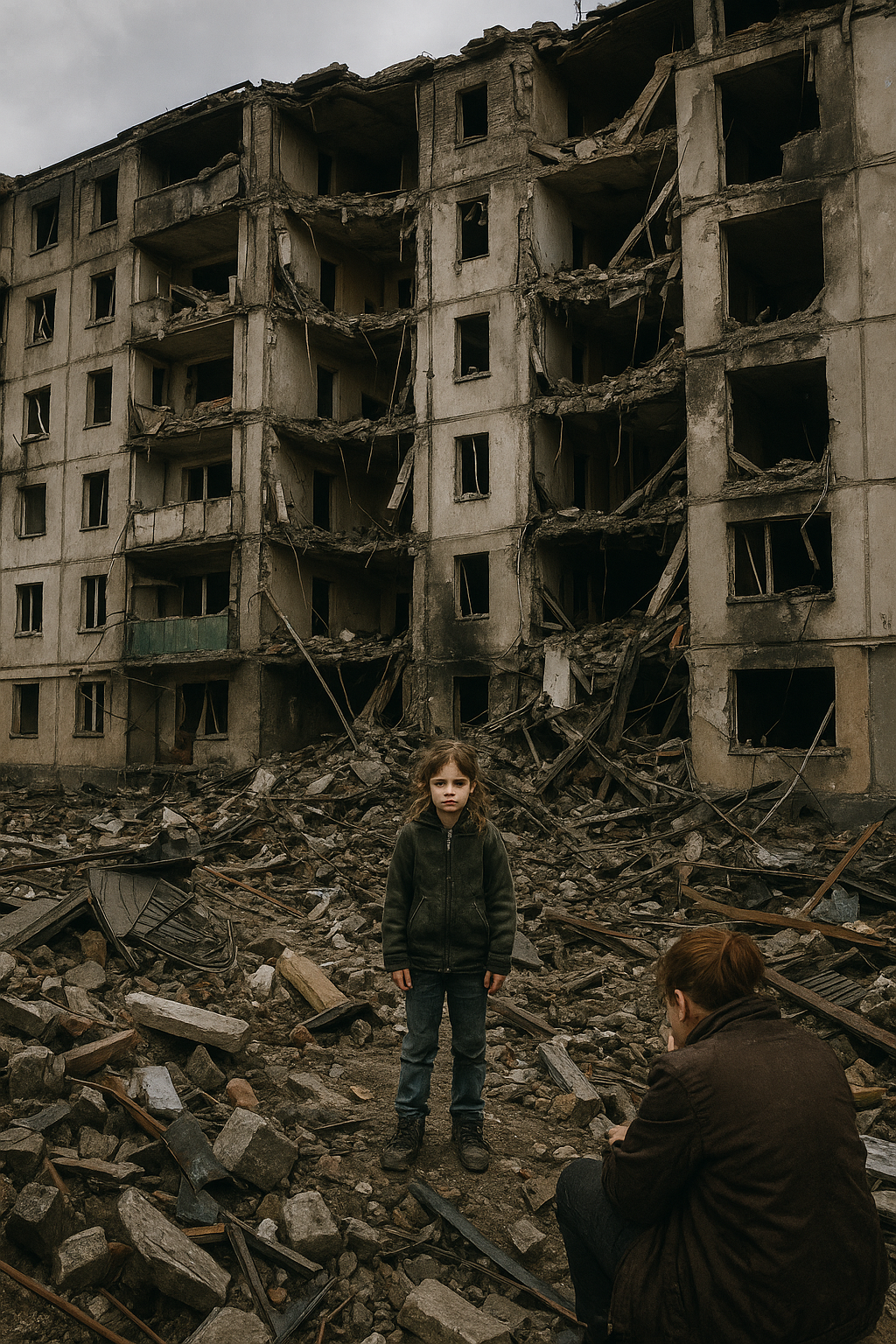UN Urges Global Action to End Attacks on Schools and Safeguard Education in War
Shaheed’s latest report, presented alongside a comprehensive policy brief, paints a grim picture of education under threat.

As the world witnesses a surge in armed conflicts, the destruction and militarization of schools have become a deeply concerning trend threatening the very fabric of societies. In an urgent address to the UN General Assembly, Farida Shaheed, the United Nations Special Rapporteur on the right to education, issued a powerful call for global action to protect educational institutions in times of war and crisis.
Education Under Siege: A Global Crisis
Shaheed's latest report, presented alongside a comprehensive policy brief, paints a grim picture of education under threat. Citing nearly 130 active armed conflicts in 2024 alone, with over 6,000 reported attacks on schools, universities, students, and educators, she stressed that the right to education is being brutally undermined across the globe. In conflict zones, educational institutions — traditionally safe havens — are increasingly being turned into battlegrounds, with devastating consequences for children and communities alike.
Globally, an estimated 234 million school-aged children and adolescents are affected by crises, including armed conflict — a staggering increase of 35 million over the past three years. Over 52 million children in conflict-affected countries were out of school in the past year, compounding existing educational inequalities and exacerbating long-term cycles of poverty and violence.
"The deliberate targeting or military use of schools is a disregard for one of humanity's most vital institutions," Shaheed warned, condemning such acts as direct violations of international law and humanitarian principles.
Legal Obligations Must Prevail in Conflict
Shaheed emphasized that international human rights obligations do not end in times of war. The right to education — protected under various international treaties including the Universal Declaration of Human Rights and the Convention on the Rights of the Child — must be respected, protected, and fulfilled even amid armed conflict.
"Protections do not cease," she said. "States must treat attacks on education, protected facilities and personnel as serious violations of international law."
The Special Rapporteur urged governments to criminalize the targeting or military use of schools under domestic legislation and to ensure perpetrators are held accountable. Impunity, she argued, emboldens further violations and weakens the international legal framework meant to safeguard children.
The Hidden Costs of Educational Collapse
The destruction of educational infrastructure extends far beyond physical damage. According to Shaheed, the collapse of education systems undermines entire societies, perpetuating poverty, enabling child recruitment into armed groups, and increasing the risks of child labour, sexual violence, and early marriage.
"In war, a functioning school can mean safety from recruitment, sexual violence, child labour, forced and early marriage and exploitation," she explained. "It can offer psychosocial healing and preserve the continuity of communities."
Education in emergencies, therefore, is not a luxury but a lifeline — essential to resilience, social cohesion, and post-conflict recovery.
Eight Policy Actions to Protect Education
Shaheed's policy brief outlines eight core actions to protect education in armed conflict:
-
Prohibit attacks on educational institutions and their military use under international and national law.
-
Criminalize violations involving the destruction or misuse of schools.
-
Establish robust accountability mechanisms, including legal remedies and reparations for affected communities.
-
Prevent the ideological manipulation of education, particularly in conflict zones.
-
Ensure inclusive, continuous, and quality education during crises, including the provision of remote learning tools and safe spaces.
-
Invest in education in emergencies, providing sufficient and sustained funding.
-
Enhance data collection to better monitor and respond to attacks on education.
-
Implement and endorse the Safe Schools Declaration, a political commitment to protect education during armed conflict.
Shaheed urged all UN Member States to adopt these measures without delay and to move beyond mere declarations toward meaningful action.
A Moral and Legal Imperative
The Special Rapporteur's message was both a plea and a warning. "Education cannot be a casualty of war," she declared. "Protecting education is not only a humanitarian imperative, it is a legal duty and a moral test of our shared humanity."
Her words serve as a reminder that every school destroyed is a wound inflicted on a nation's future. Every child deprived of education is a life diverted from its potential — and a stark warning that peace, once lost, is far more difficult to restore.
The international community now stands at a crossroads: Will it continue to allow the erosion of one of humanity's most vital institutions, or will it act decisively to safeguard the right to learn, even in the darkest of times?





